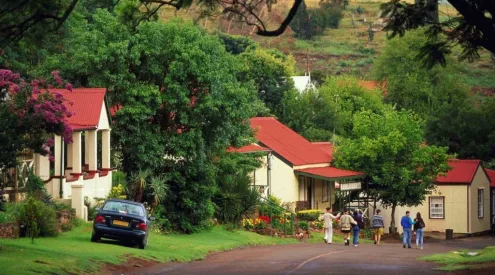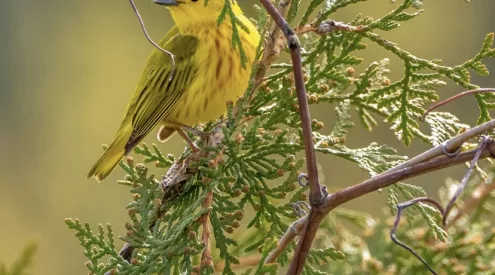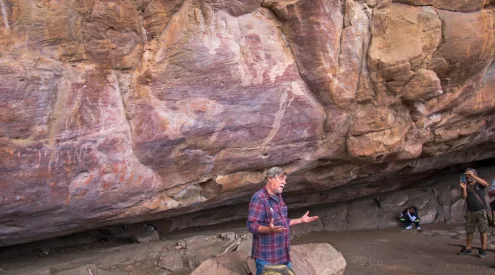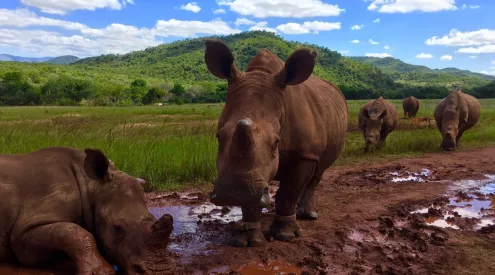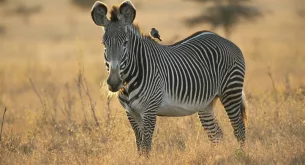To the dismay of many, the United States has removed its ban on elephant trophy hunting imports, which many in Namibia regard as an important decision for wildlife conservation.
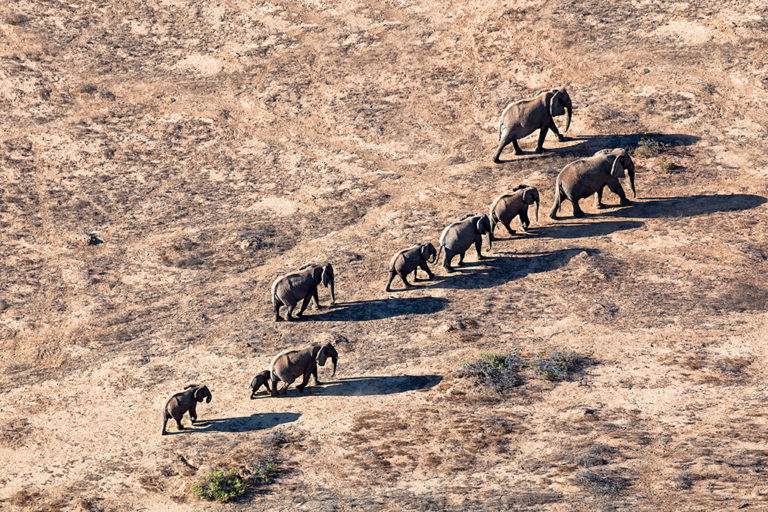
Picture: Getaway Gallery
Revenue generated through trophy hunting is often earmarked for conservation and poverty alleviation in Namibia.
The US ban on trophy hunting imports was lifted in April 2022 with Namibia’s New Era Live reporting on it as a ‘boost for Namibia’s wildlife conservation’ stating: ‘The past five years were quite difficult for the Namibian international hunting industry with its key international elephant hunting market, the US, closed.’
President of the Namibia Professional Hunters Association (NAPHA) Axel Cramer, commented: ‘While we do understand the instinctive dislike of conservation hunting by some members of the public, the reality of the matter is that no alternative land use has yet been identified and developed, which equally protects the wildlife and habitats found in these vital landscapes, while also generating valuable revenues for local communities. ‘
According to Cramer, even though trophy hunters account for 3% of tourist arrivals, they account for close to 20% of tourism revenue.
This argument was questioned by Namibian Conservationist, Frowin Becker at the Society for Conservation Biology Africa Section, revealing that conservancies are relatively small beneficiaries of an industry that thrives on commercial farmland.
According to a study by Namibia’s Ministry of Environment, Forestry and Tourism in 2016, 92% of trophy hunting revenue went to freehold land, and 8% to communal conservancies.
The relationship between trophy hunting and conservation benefits is a much-disputed topic, where many agree that the animal is most valuable when it is alive. commentators in Namibia comment that until alternatives are available, many conservancies still believe that trophy hunting is necessary to support conservation.
ALSO READ


